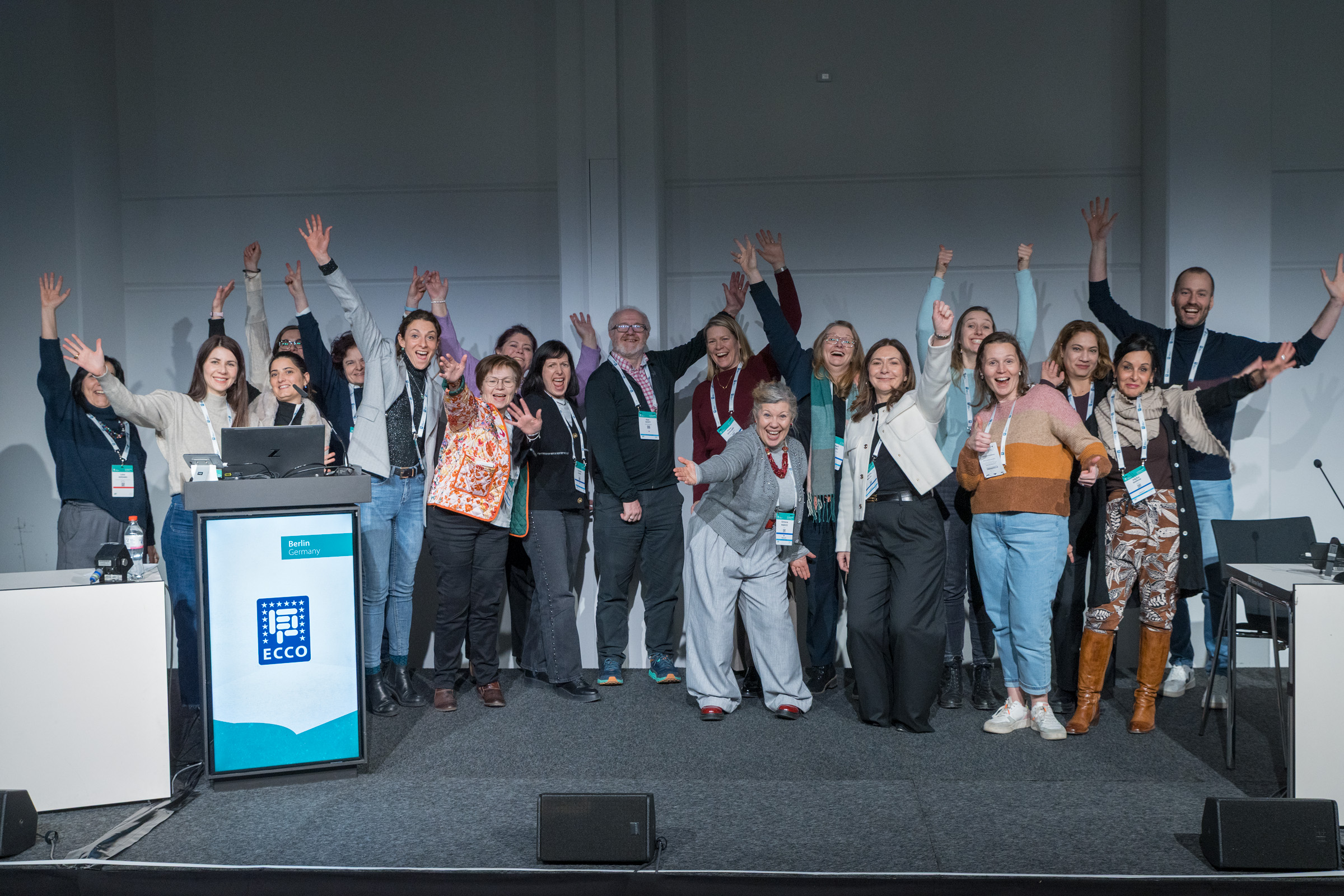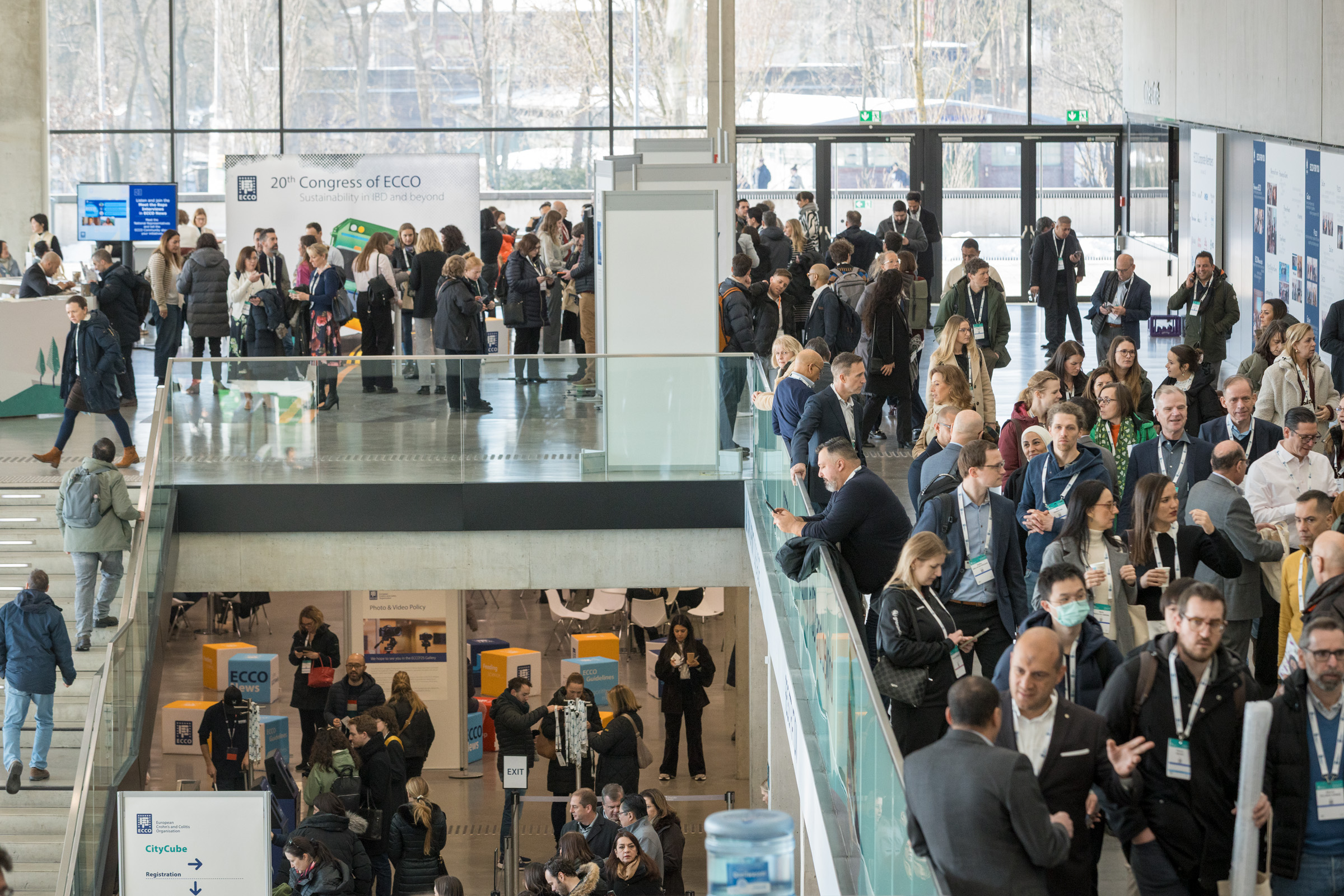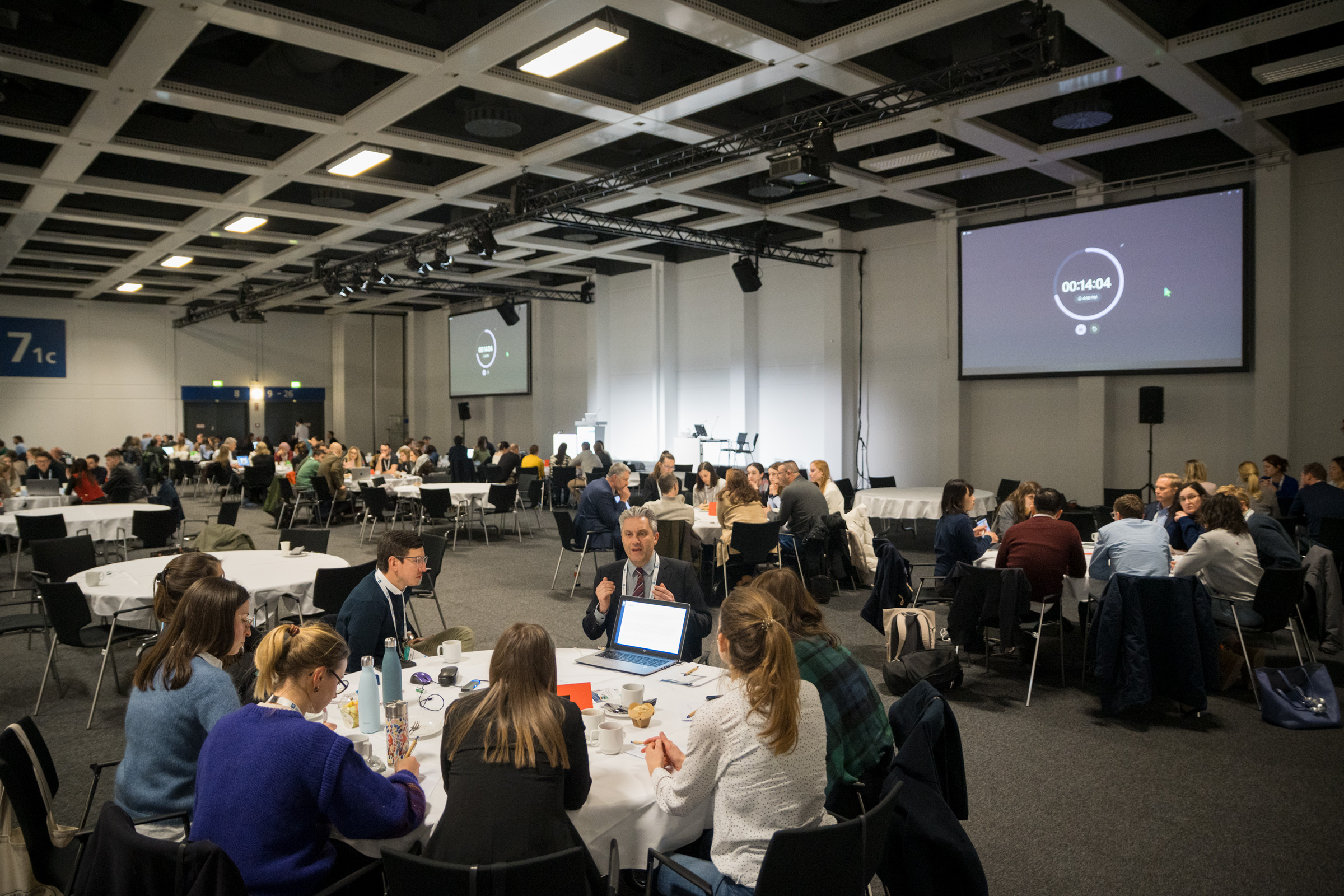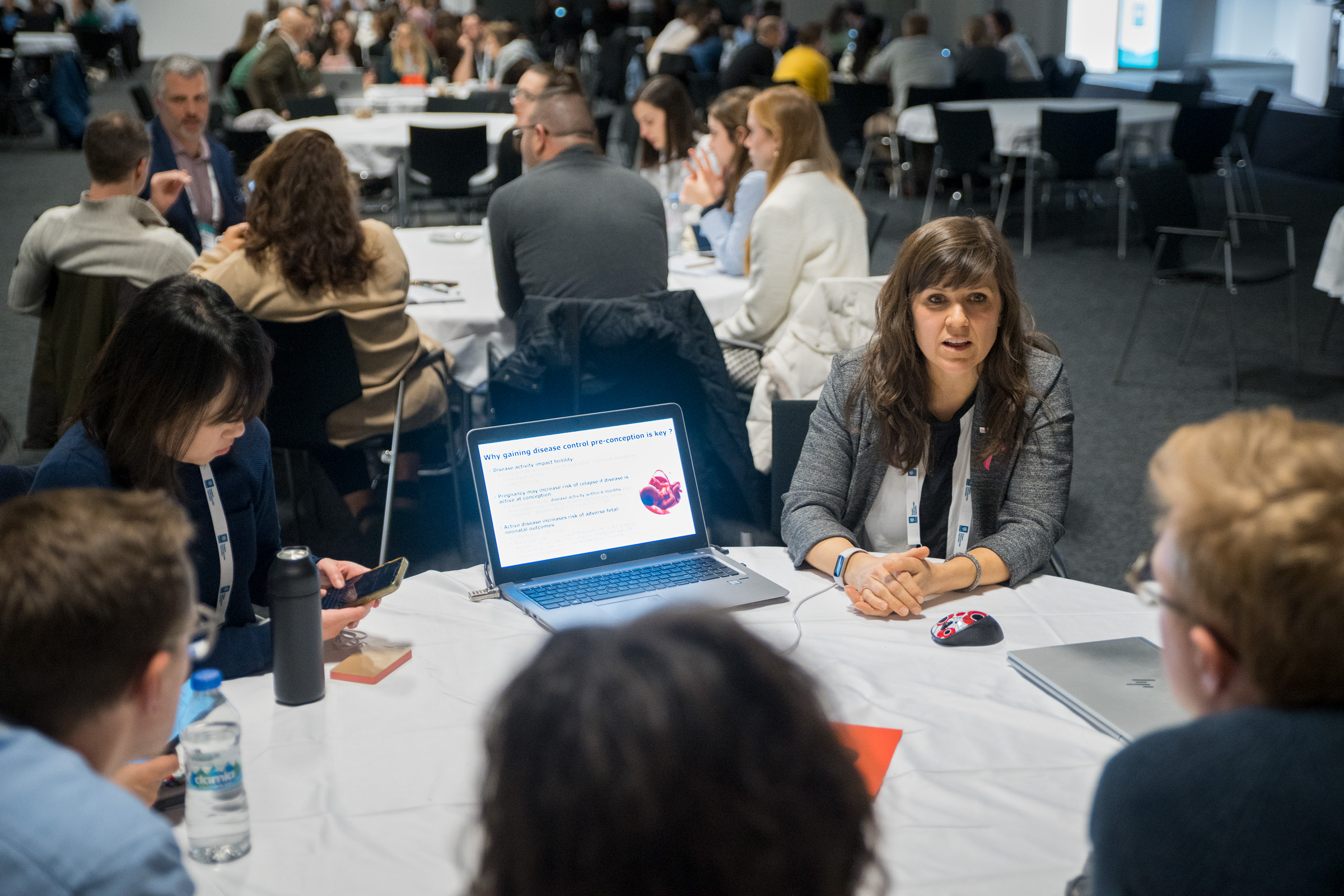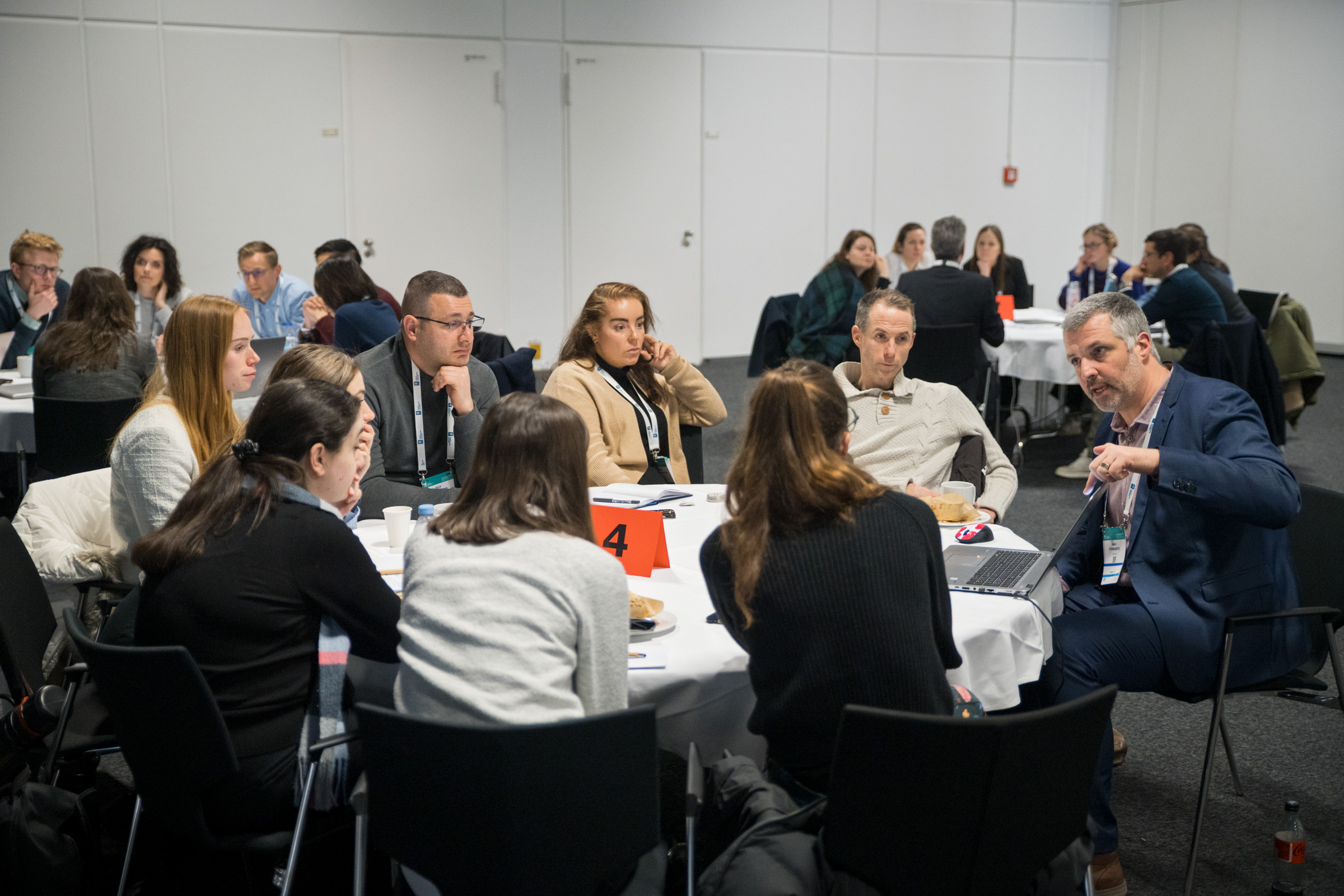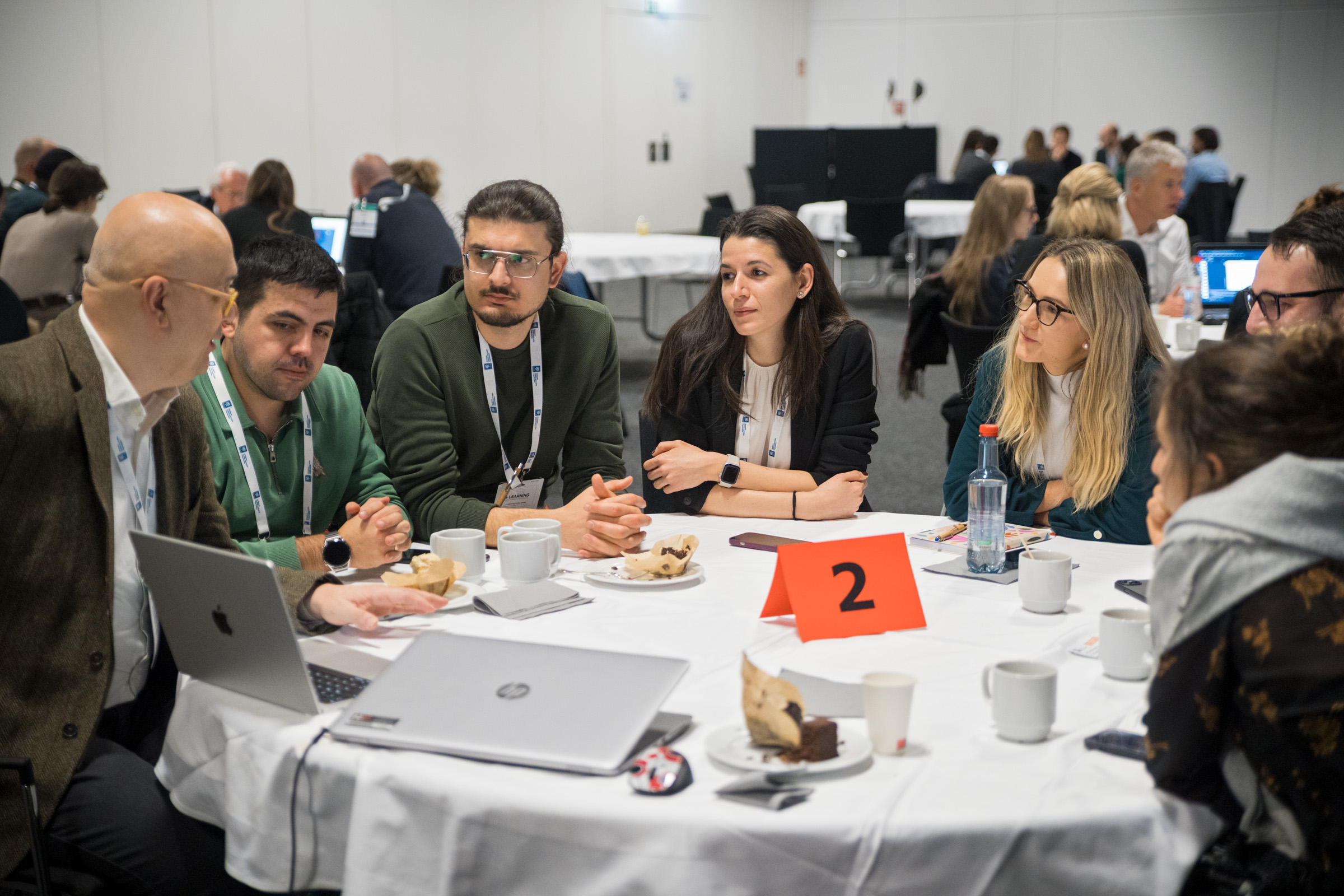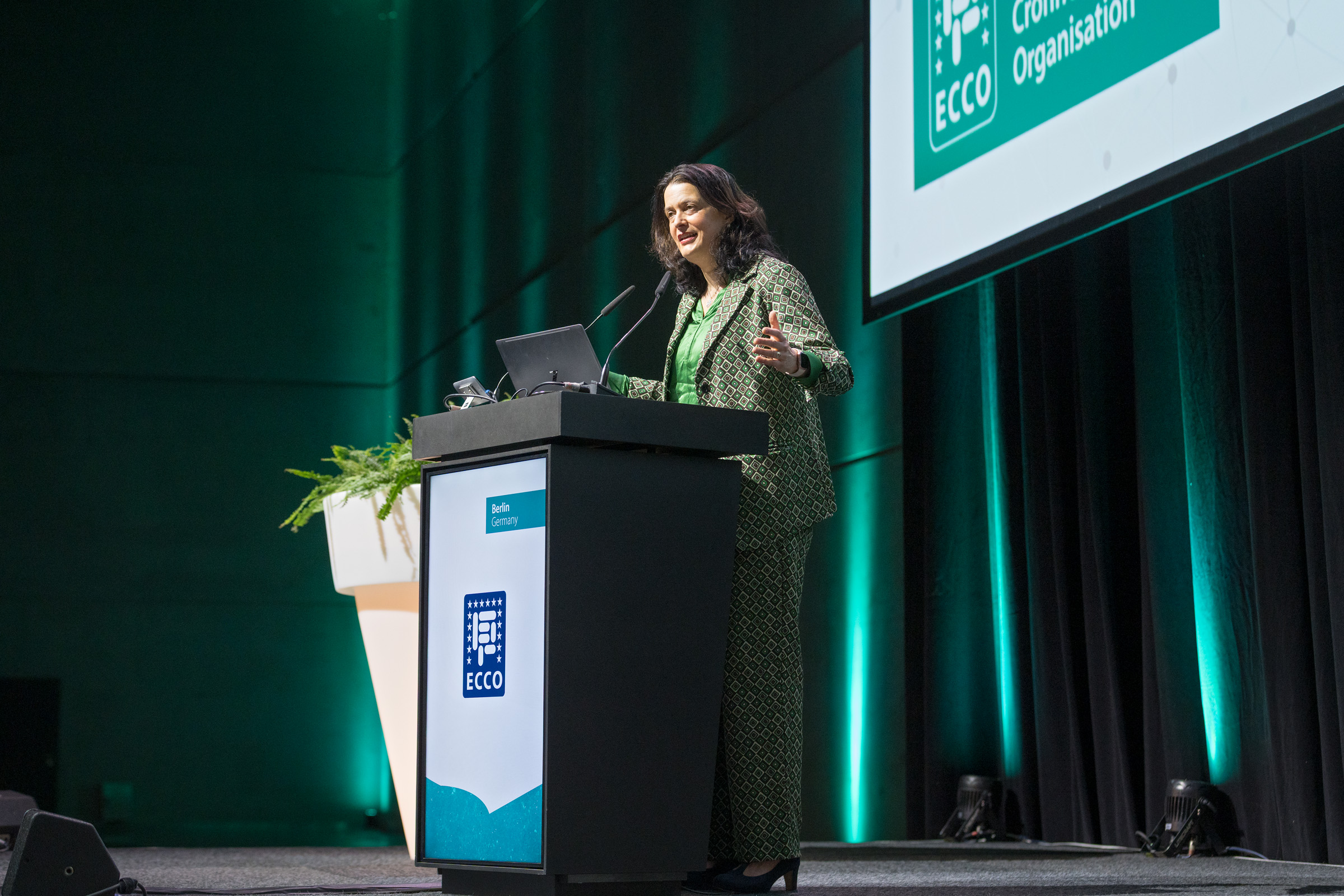Highlights of the 20th Congress of ECCO in Berlin
Spyros Siakavellas, ECCO News Associate Editor
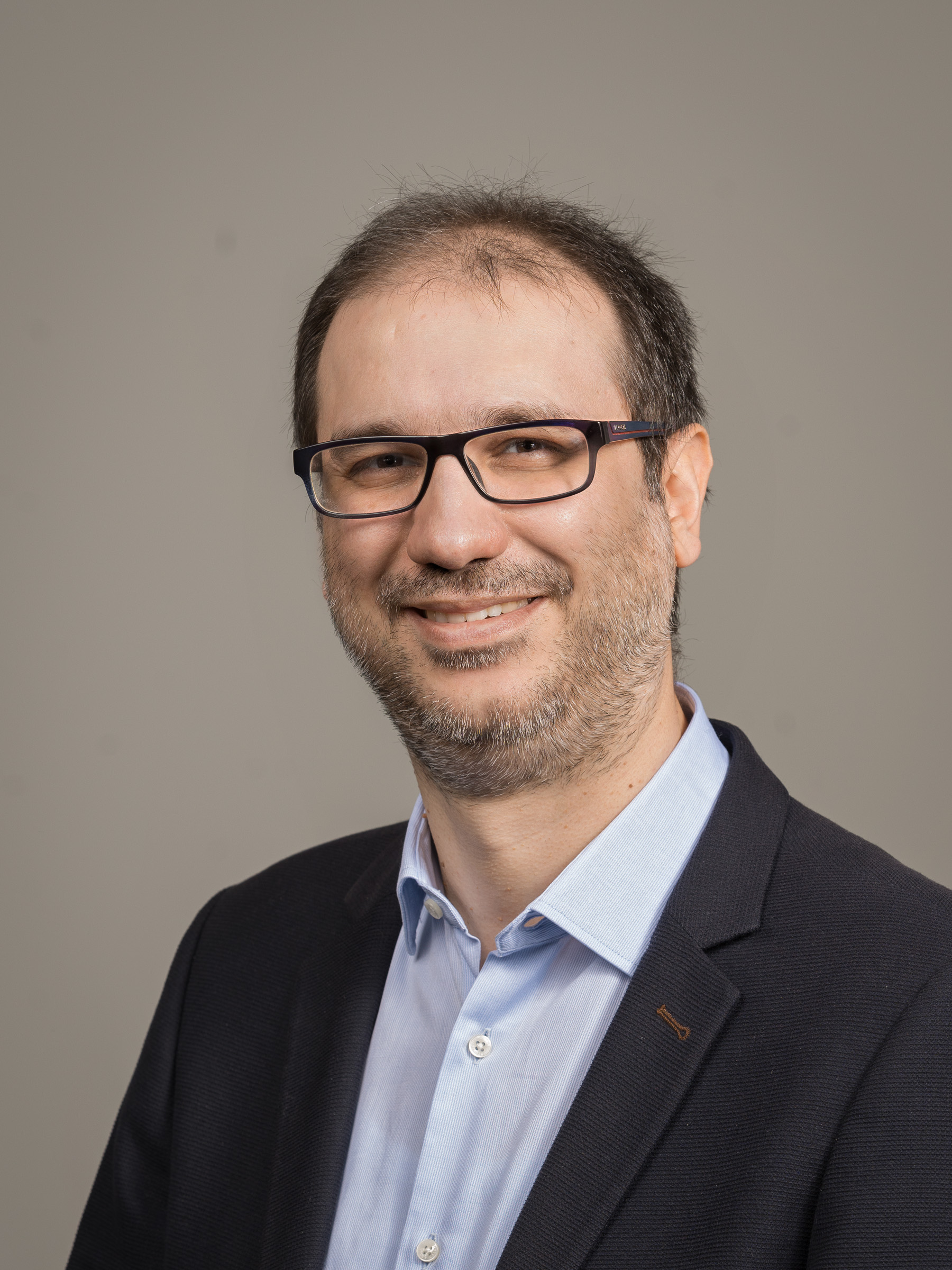 Spyros Siakavellas Spyros Siakavellas © ECCO |
Dear IBD colleagues, dear ECCO friends and family,
I hope everyone is keeping well and looking forward to all the exciting opportunities and offers that ECCO has in store for the rest of the year!
But first let me bring you back to our flagship event, the ECCO Congress which took place in Berlin, February 19 - 22, earlier this year. This being the 20th iteration of the Congress, it was an important milestone in the journey of ECCO through the years. Needless to say, it didn’t disappoint us with a record-breaking number of 1534 accepted abstracts and with a high quality educational and scientific programme it provided a great platform for sharing and exchanging valuable knowledge.
Let’s then delve into a bit more detail regarding the programme. Initially, the Educational Programme, taking place as is customary just before the official start of the Congress, offered the opportunity for precisely focused and intensive instructive sessions encompassing the interests of all ECCO's different interest groups such as IBD Nurses, surgeons, pediatricians, radiologists, early career gastroenterologists, pathologists, clinical trialists and allied health professionals and scientists. Moreover, this year the European Federation of Crohn's & Ulcerative Colitis Associations (EFCCA) conference taking place aside the Congress, presenting the views of our key stakeholders - the patients, was of particular importance as the results from a global Patient Preference survey on what IBD patients find important in their treatment, were made available.
Getting to the heart of our meeting, this year’s Congress had as its central theme “Sustainability in IBD and beyond”, after the A for Attain Sustainability in the current REACH Strategy, working towards sustainable delivery of care: prevention, optimal treatment and efficient use of resources in the treatment of IBD. With this objective in mind, the first plenary session was focused on multidimensional sustainable development goals of IBD care. Thus, it kicked-off with an excellent overview of novel strategies to achieve sustainable treatment and continued with examining the impact of lifestyle interventions in maintaining health and prevent IBD. The topic of IBD prevention was a special highlight of the congress this year as an increasing amount of data is being collected regarding methods of predicting the development of IBD before diagnosis. Is this an achievable target? It might be too early to say, nevertheless this is a thrilling prospect as it will allow for the possibility of negating altogether the mounting healthcare burdens imposed by IBD on patients but also health systems.
The use of novel technologies such as those championed by the -omics revolution as well as the breakthrough in mainstream medical care of Artificial Intelligence applications was likewise put under the spotlight in brilliantly presented sessions, examining how these innovative tools may enhance the current state of disease management by allowing for “extra-personalised” monitoring and treatment.
New developments may be exciting but there is always value to be gained by refining already existing knowledge. This was demonstrated by the sneak peek presented in the Congress of the major revision of disease classification which will be fully presented soon. This evolution has been long in coming and will permit a better representation of different patient phenotypes with the final goal of connecting each subset to the optimal treatment strategy. Furthermore, an accurate definition of long-term and sustainable remission was a hot topic of discussion, indeed, the ultimate goal of modern IBD therapeutics.
A Congress about sustainability would be remiss without addressing the environmental effects of our everyday clinical routines. Thus, ESGE-ECCO collaborative session was dedicated to novel technologies and the best use of endoscopy in the era of biomarkers. Moreover, The United European Gastroenterology green paper: Climate Change and Gastroenterology was presented in an excellent talk by Dr. Sebastian showing how we can make changes to our habits to achieve a environmental-friendlier endoscopy practice.
Our surgical colleagues picked up the baton of sustainable development with an excellent session about long-term success after surgery. This was further expanded upon by the depiction of the new ECCO Topical Review on pouch disorders, a difficult situation that requires coordination and close collaboration between different specialties. In addition, new techniques were shown regarding anastomosis viability and healing.
D-ECCO was similarly active with presentations painting a new picture on diet and nutrition in IBD as generated by the latest ECCO Consensus on the topic; while multi-analytic and metabolomic approaches seem to herald a new era on how we understand the role of the microbiome in the pathogenesis and possibly in the future treatment of IBD.
Surely, a must-have session in our Congress is the Basic Science one. In the aptly named New Horizons session, novel genetic and transcriptomic targets with clinical relevance were identified, opening the way for further original therapeutic interventions. Furthermore, the combination of omics with machine learning and the development of organoid medical technology promises to elucidate disease subtypes and provide “turbocharged” personalised treatment.
Of course, an ECCO Congress is not complete without news of new developments in the therapeutic research pipeline. Thus, encouraging data was presented from trials involving the latest drugs to be tested such as Duvakitug (TEV-48574), an anti-TL1a monoclonal antibody, Mirikizumab and Lusvertikimab, a first-in-class IL7 receptor antagonist. We are waiting to see if these new kids on the block may provide additional options in our treatment armamentarium.
As the complexity of the IBD field increases, new emerging challenges arise and this was discussed in depth, specifically about the epidemiological aspect of the disease as this affects healthcare spendings and subsequently its impact on the great issue of climate change. There was also a sober and valuable overview of the opportunities but also of concerns about the introduction of AI in IBD as this was examined by the 9th ECCO Scientific Workshop.
Finally, we closed our Congress with an excellent ECCO Lecture by Claudia Traidl-Hoffmann, titled, “Lean, green and clean - sustainability in clinical practice and beyond?”, that summarised splendidly the lessons we have learned so far in search of striking the right balance between achieving best IBD care while at the same time ensuring environmental responsibility.
If you missed the Congress or want to catch-up again with some of our great sessions, have no fear because we have you covered! See the ECCO Congress film here, to feel some of our Congress magic and you can visit our e-Library, where all the recordings can be found.
Moreover, you can find the best ECCO abstracts as selected by our experts here.
We look forward to meeting you again next year in Stockholm, February 18-21, for another magnificent Congress!!
Best wishes,
Spyros
Pictures are subject to copyright © ECCO


